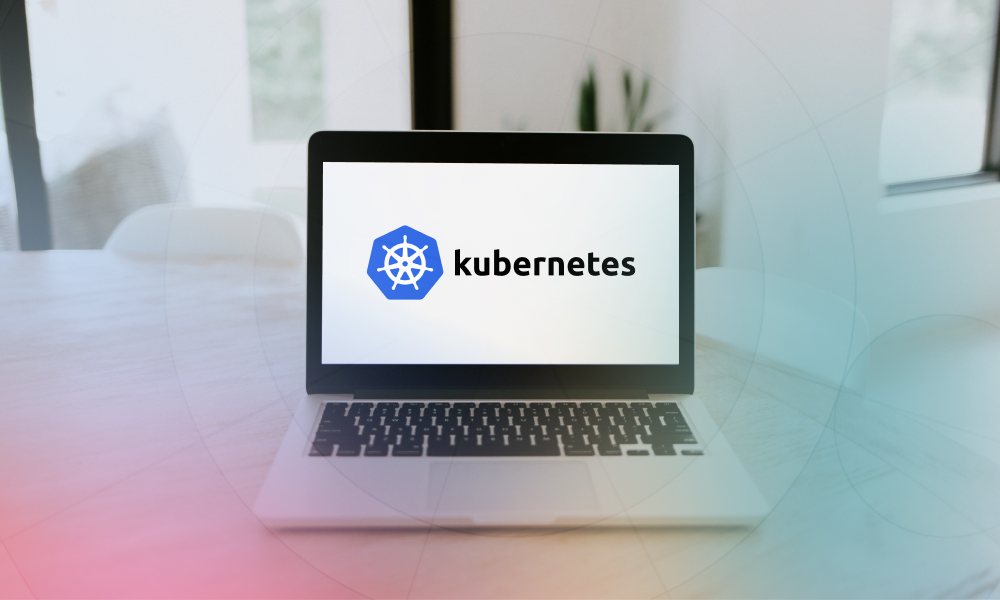What Is Kubernetes? How To Leverage Kubernetes Container Management

Table of Contents
Cloud and Containerization redefined the way we build software, with the advent of Cloud, DevOps, Automation; the entire software industry has experienced a paradigm shift and it has changed the way solutions are crafted. It has given us the agility to craft our solutions rapidly with faster releases to market and serve an enormous amount of users by providing them SaaS-based solutions.
When we are looking at an enterprise-grade application that contains numerous amount of microservices in various technologies, different components such as an API Gateway, Cache systems, Queues, multiple databases, etc. containers for all of these different components are deployed separately. Then comes the need to orchestrate, monitor, and manage them from a single place.
Kubernetes is one such tool that can be leveraged in this scenario to orchestrate, manage and monitor the containers/microservices of different components in the entire application.
So, What is Kubernetes?
Kubernetes is a container management platform that can be used to orchestrate and manage containers at scale. It allows us to manage containers in the best possible manner. It has its own UI Dashboard which lets us monitor the services running inside a Kubernetes cluster thereby providing us with a robust and reliable platform to manage our application.
Using Kubernetes we can craft enterprise-grade scalable distributed solutions to provide the best possible experience to the end-users. Basically, by using Kubernetes, we can create a cluster and deploy multiple containers in the cluster and then scale it as and when required depending upon the traffic on the platform. It is also very popularly known as K8s.
How does a Kubernetes Cluster work?
A Kubernetes Cluster comprises of two main components:
- Kubernetes Control Plane
- Kubernetes Nodes
Kubernetes Control Plane / Master: It is responsible for managing the entire cluster. It can be further drilled down into the following components:
- Kube Controller Manager
- Cloud Controller Manager
- Kube API Server
- etcd Storage
- Kube Scheduler
The Controller Manager is responsible for managing the processes in a k8s cluster such as the deployment of pods, replication of pods, scaling, etc. Kube API Server is the API Interface of Kubernetes, all the k8s components perform their tasks by using the API endpoints. The scheduler is responsible for maintaining the sequence in which tasks. etcd storage is the key-value storage for the K8s cluster wherein all the information such as where are the pods deployed, etc is being stored.
Kubernetes Nodes
These are the host nodes in the cluster that can be added on an on-demand basis, Kubernetes Control plane uses the nodes for deploying containers and stores the records inside the etcd storage. Kubernetes Nodes consist of:
- Kubelet
- Kube Proxy
Kubelet is the agent of Kubernetes which registers the node to the cluster and constantly sends the health status of the node so that the cluster manager knows if the node is up and running or not, Kube proxy is a network proxy that runs on each server in the cluster.
Containers that are deployed in a k8s cluster are known as Pods, various such pods are collectively known as a Deployment, it contains one or more pods of the same application. Deployments are mapped to the host system via different methods such as node port or cluster IP. If there are multiple replicas of pods in a deployment then it can also be placed under Load Balancer using Ingress, using ingress we can specify routing decisions so as to traffic of which load balancer should be routed to which pod or deployment. Autoscaling can also be configured in K8s at cluster level and pod level, using Cluster Autoscaler and Pod Autoscaler respectively.
Kubernetes cluster can be configured on the local machine, on-premise data center, or in any of the major cloud platforms, majority of cloud platforms are offering managed services for creating and managing Kubernetes cluster within a few clicks such as
AWS – Elastic Kubernetes Service (EKS)
GCP – Google Kubernetes Engine (GKE)
Azure – Azure Kubernetes Service (AKS)
Digital Ocean – Digital Ocean Kubernetes
Hence, at this time where Digital Transformation is an imperative need of the hour, and organizations are working on crafting robust and scalable solutions, Kubernetes can be leveraged for efficiently managing containers at scale.





